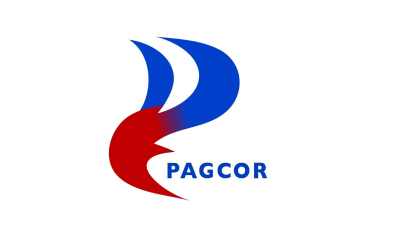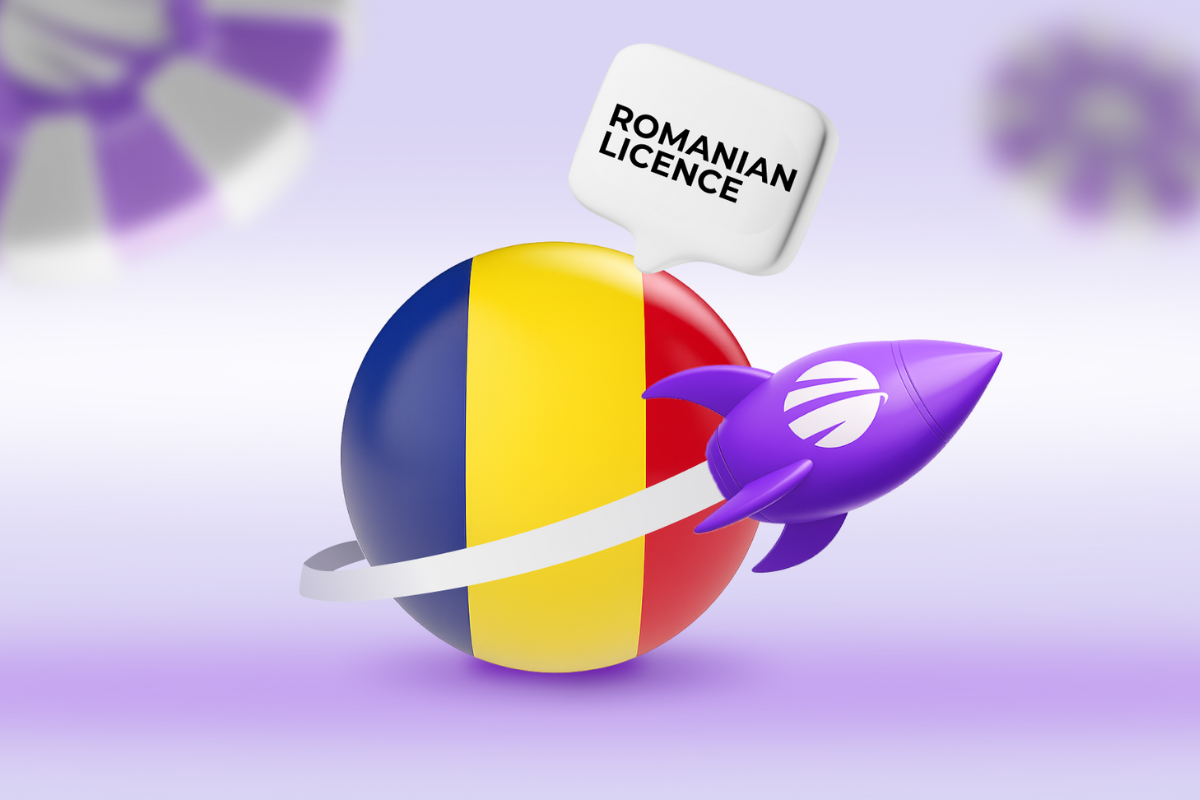Conferences in Europe
Francisco Vidal on the prospects of gambling business development in the CIS

Francisco Vidal is the CEO at major entertainment complex Sortis & Golden Lion Casinos in Panama. Francisco is an expert of gambling business, having started as a croupier at London and Las Vegas casinos and becoming the head of several casinos in a very short term, namely Comar Group and Cirsa International in the Dominican Republic. Over the couple of years, he traveled almost throughout all countries of the West Indies, gaining the managerial positions. At the Russian Gaming Week 2017 conference, he will make a presentation titled “Building a Healthy Casino Industry in Russia – Casino Operations point of view”.
The expert told the RGW team about the prospects of the CIS market development, confirming his interest in attending of the RGW 2017 conference to surprise the audience with his presentation.
1) Is the CIS market considered as promising for the European companies that work in the gambling industry? Please explain your opinion.
Francisco: I would not see the CIS market as a whole, but more on a country by country basis and on those terms obviously the main opportunities are in Russia, Ukraine, Kazakhstan and Belarus (to name just a few); countries with bigger populations and with a stronger customer base (in terms of income and gaming culture). As long as the different markets are at this moment underdeveloped, there is of course opportunities for several of the main gaming groups in Western Europe (British, French, Germans, Austrians, etc.) but I do not see them entering the CIS countries without local partners. In my view, there is a lot of work to be done in terms of building trust, social connections, and comprehension of the business environment from the part of the foreign operators before starting operations in the CIS countries.
2) What can the European/American and CIS businessmen offer one another? What are the opportunities and risks?
Francisco: Obviously both the American and the Western European operators are more experienced, they have been involved in the gaming sector for more years, and depending on the country, they do have specific expertise in running different formats of casinos (from the classical, pure gambling operation to the more sophisticated integrated resorts that you find in Las Vegas, Macau, etc.). I do think that there is a natural divide when thinking about the possibility of potential partnerships between western operators and CIS businessmen, the former would provide the operational know how (CRM systems, management staff, operational procedures, product mix and configuration, etc.) and the latter – their understanding of the business/political environment, and the social/political connections to get things done. In my experience, those partnerships are quite difficult to maintain over the long term, so it would be smart to have a clause that specifies the potential sale of the partnership to the other part when the time comes.
Regarding the opportunities and risks, I do see the potential of a mature collaboration once the proper bond of trust has been built between the partners of developing attractive and well-designed venues that will be managed professionally with a long term focus. Overtime, well managed operations are profitable for the corporations behind them and provide the customer with a genuine and enjoyable casino experience, apart from generating taxes for the government and have a positive impact on their communities through social initiatives financed by casino operators. Obviously, the main risk is losing the investment, I was involved directly in a partnership between a Spanish operator and Mexican businessmen in 2012-2014, and that was the perfect example on how not to do things, in the end, the Spanish operator lost millions of Euros, the operation never opened (although it was built and ready to operate) and the Mexicans walked away almost unharmed.
3) How will the CIS gambling market develop in the future? What trends can be observed?
Francisco: I hope that each country will establish a proper legal environment for operators according to the nature of their economies, for example: the integrated resorts model is not for everybody, every country should adapt their laws to the needs of its populations. Most probably in the long term, the decisions made by the biggest countries (Russia, Ukraine, Kazakhstan) will set the path for the rest, because depending on what they do, that will create opportunities in the surrounding countries or not.
The way I see it now, the developing of specific gaming zones is the main trend on the CIS market, and probably, at this point in time it is the right thing to do. Most probably, Russia is not ready yet to have casinos in every city, for me it is a question of maturity of the economy and the social fabric of each country; for more than 45 years, gaming in the USA was allowed only in the state of Nevada, nowadays there are casinos almost in every state and Indian reservations. Regarding the customer base, I think that for some time, untill the economies of the CIS countries develop more, casino venues will be targeted towards VIP customers and will offer a luxury product (high limits, credit lines, refunds and so on).
4) You have an insider knowledge of the casino market. What do you think is the problem of gambling development in the CIS?
Francisco: From the distance, what I can see is the weakness of the gaming regulation and business environment, there are no clear rules in most countries; so potential investors both local and foreign are afraid of losing their investment. Most of the CIS countries are relatively new, they have a lot of things to fix before gaming, and that is quite understandable; for me it is a question of priorities, what to do first. Most probably, the gaming agenda is a secondary issue within the general regulation of the economic activities in most of the CIS countries, however as an industry we have to defend our interest in a proper manner, and work side by side with government institutions in order to design and implement a legal framework that will give gaming operators confidence and stability. Once the legal infrastructure is in place, the investments will flow as the economy of the different CIS countries improve.
When looking at my responses, take into account that I have never worked directly in a CIS country, my European experience is related to United Kingdom, Spain and Croatia.
5) Why are you interested in attending the Russian Gaming Week 2017? What do you expect from the conference?
Francisco: I really like the country, its culture, gastronomy and the sophistication of its people (speaking in general terms), more specific to the conference; I hope to learn a little bit more about the potential opportunities for business in the region and to establish professional connections with local businessmen/casino executives.
6) How would you impress attendees at the conference? What new things could they learn?
Francisco: Well, it would be very naive from my part to tell the local operators how to conduct business on their markets (I managed several casinos in Croatia in the past, which is a relatively close market, but that doesn´t mean that I have some kind of special knowledge that relates to CIS operators); what I will try to do is to give some ideas or principles that from my point of view could serve them to operate their venues with a long term focus, something that new operators normally do not take into account. Every time that a new city or region is exposed to a full-fledged casino venue, people gamble very aggressively, and overtime many customers get burned in the process, something that is not healthy nor desirable for the gaming operators. My presentation covers several topics related to the protection of the customer and how to improve the gaming experience, everyone knows the potential negative effects of having a gaming offer right at your doorsteps, but there are actions and policies that could help to reduce them, and that is what my presentation is about.
I hope that the attendees will discover several ideas that will help them when conducting their day to day operations (my presentation is directed towards casino operators and executives), including: what can they do to minimize problem gambling in their customer base, which information should we provide to the customers in order to extend their life cycle, what can they do to improve the gaming experience both in table games and slots and how to train casino management, just to name a few.
On 7-8 of June, 2017, ECC Sokolniki in Moscow will host 11th International gambling and entertainment exhibition-forum Russian Gaming Week 2017.
-

 Africa6 days ago
Africa6 days agoGhana’s NLA Introduces New Sticker to Clamp Down on Illegal Lotto Operators
-

 Asia6 days ago
Asia6 days agoPAGCOR: Online Gaming fuels nation-building, but illegal sites pose risks
-

 Africa6 days ago
Africa6 days agoRise & Hustle partners with Altenar to power its new sportsbook offering
-

 Central Europe6 days ago
Central Europe6 days agoCT Interactive Announces Strategic Partnership with Ecasino
-

 Eastern Europe6 days ago
Eastern Europe6 days agoDigitain Strengthens Romanian Market Presence Through KingCasino Partnership
-

 Latest News6 days ago
Latest News6 days agoCasino Playa de las Américas Implements JCM’s ICB Technology
-

 Compliance Updates6 days ago
Compliance Updates6 days agoElizabeth Varley, solicitor at licensing law firm Poppleston Allen, shares a handy refresher on the UK’s statutory levy, including the who, how much, why and how to pay
-

 Conference6 days ago
Conference6 days agoBetConstruct to Participate in SBC Summit Lisbon 2025

















